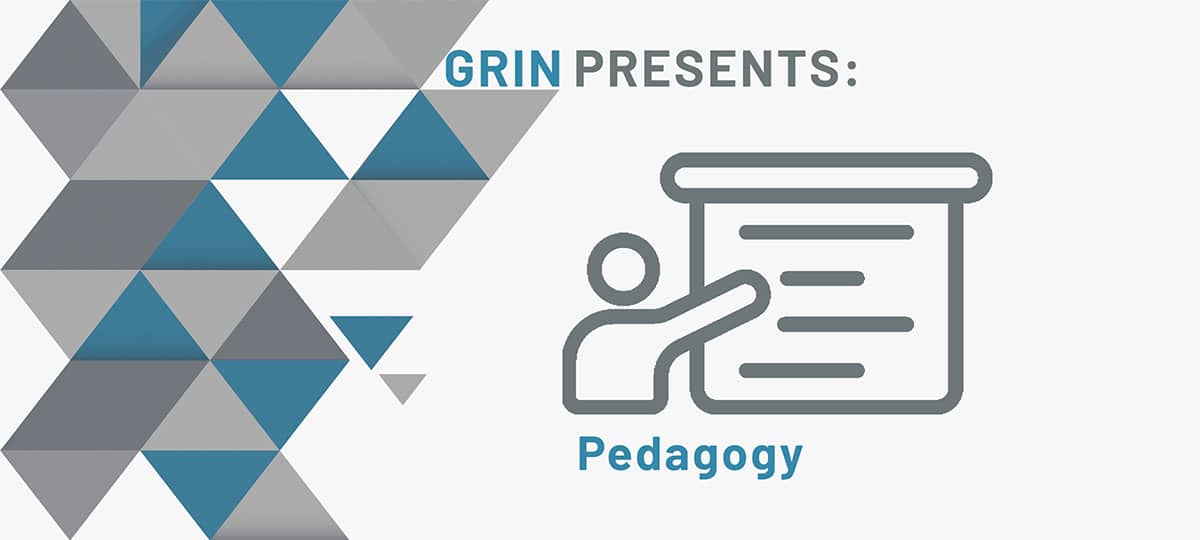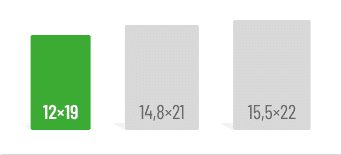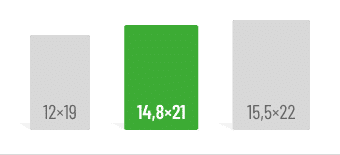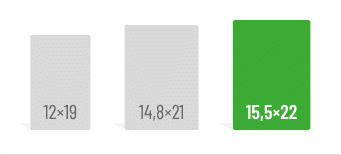Pedagogy, or educational sciences, is a field as versatile as few others. Within it, you can specialize in areas like special education, social pedagogy, or organizational pedagogy. I personally studied pedagogy as a minor in Germany, and I’m here to give you a little insight into what the degree involves and what to expect if you’re interested in the subject!
What is pedagogy about?
Pedagogy is the science of education and teaching—so it’s often referred to as “educational sciences.” It covers both practical and theoretical topics related to educating and teaching people. While many think it focuses solely on early childhood, children, and teens, pedagogy also includes adult education. It’s an interdisciplinary field, drawing from sociology, cultural studies, and even psychology (which is why some call it “mini psychology”). A key aspect of pedagogy is empirical research, meaning it’s focused on studying the effects of education to uncover new insights into teaching and learning.
Requirements: What should you bring to the course?
Keep in mind that this is an empirical field, so expect to deal with math and IT! Plus, there are plenty of interdisciplinary areas like sociology, cultural studies, and management theory. In addition to a passion for the subject, good communication skills, solid English skills, and the ability to apply knowledge are essential.
I’ve compared my own experiences studying pedagogy with those of students from pedagogy courses and vocational schools focused on social services. If you’ve taken similar courses in high school, you’ll have a good foundation for studying pedagogy at university, especially when it comes to the theory in the first few semesters—a great start!
Overview: What degrees can you take?
A bachelor’s in pedagogy typically takes 6 to 8 semesters, depending on the university, and is often a Bachelor of Arts. Some schools offer pedagogy as a minor, and at certain universities, internships are mandatory. Rarely, you’ll find a Bachelor of Science in pedagogy, with a stronger focus on empirical research. After your bachelor’s, you can specialize further in one of the many subfields by pursuing a master’s.
What’s in the curriculum?
Pedagogy is generally more theory-based, with the first two semesters focused on the basics. You’ll learn about teaching and learning theories, socialization, education, and major thinkers like Maria Montessori and Karl Popper.
Discussions and student-led presentations are common in seminars, giving students lots of opportunities to share their opinions and insights.
If you’re into data collection, surveys, and statistics, you’ll feel right at home since pedagogy is also an empirical discipline! Research is usually done using software, but you’ll still need to understand and interpret data, so get ready for some stats!
Here’s a quick rundown of topics you might encounter in a pedagogy program:
- Teaching and learning (didactics)
- Intercultural pedagogy
- Social pedagogy
- Experiential education
- Media pedagogy
- Educational psychology
- Early childhood education
- Adult education
- Sociology
Of course, the actual content will depend on your university and the courses you take!
Where can you study pedagogy?
You can find pedagogy programs at many German universities and colleges, both as major and minor degrees. Each institution has its own entry requirements, usually based on how many students apply and how many professors are available. If you’re flexible about location, check out the list on studieren.de—there are 14 universities offering pedagogy and even more programs with similar titles.
Career paths: What jobs can you get with a pedagogy degree?
Graduates often work in the public sector, either as civil servants or contracted employees. However, there are also plenty of job opportunities in private institutions. Some common fields for pedagogues include:
- Kindergartens
- Schools (vocational, special needs, etc.)
- Adult education centers
- Therapy and counseling centers
- Medical centers
- Municipal administrations and agencies
- Cultural and educational centers
- Universities and research institutes
The easiest way to land your dream job is to specialize with a master’s after your bachelor’s.
One common complaint from students is the lack of hands-on experience—the degree is mostly theory-based and geared toward leadership or advisory roles. However, fields like human resources and recruiting are also great fits for pedagogy graduates, and there are always interesting opportunities in the private sector. But, keep in mind that you can’t become a teacher with this degree; you’ll need a teaching degree for that.
As for salary expectations, it depends on where you end up working—whether in a large HR department or a small state-run kindergarten. The wide range of career options is something to be aware of before starting the degree!
Ideally, when you’re halfway through the program, you’ll have a sense of the direction you want to specialize in, either through a master’s or a trainee program. Getting hands-on experience through internships or student jobs is key to bridging the gap between theory and practice.
Do you like our magazine?
Then sign up for our newsletter now!







